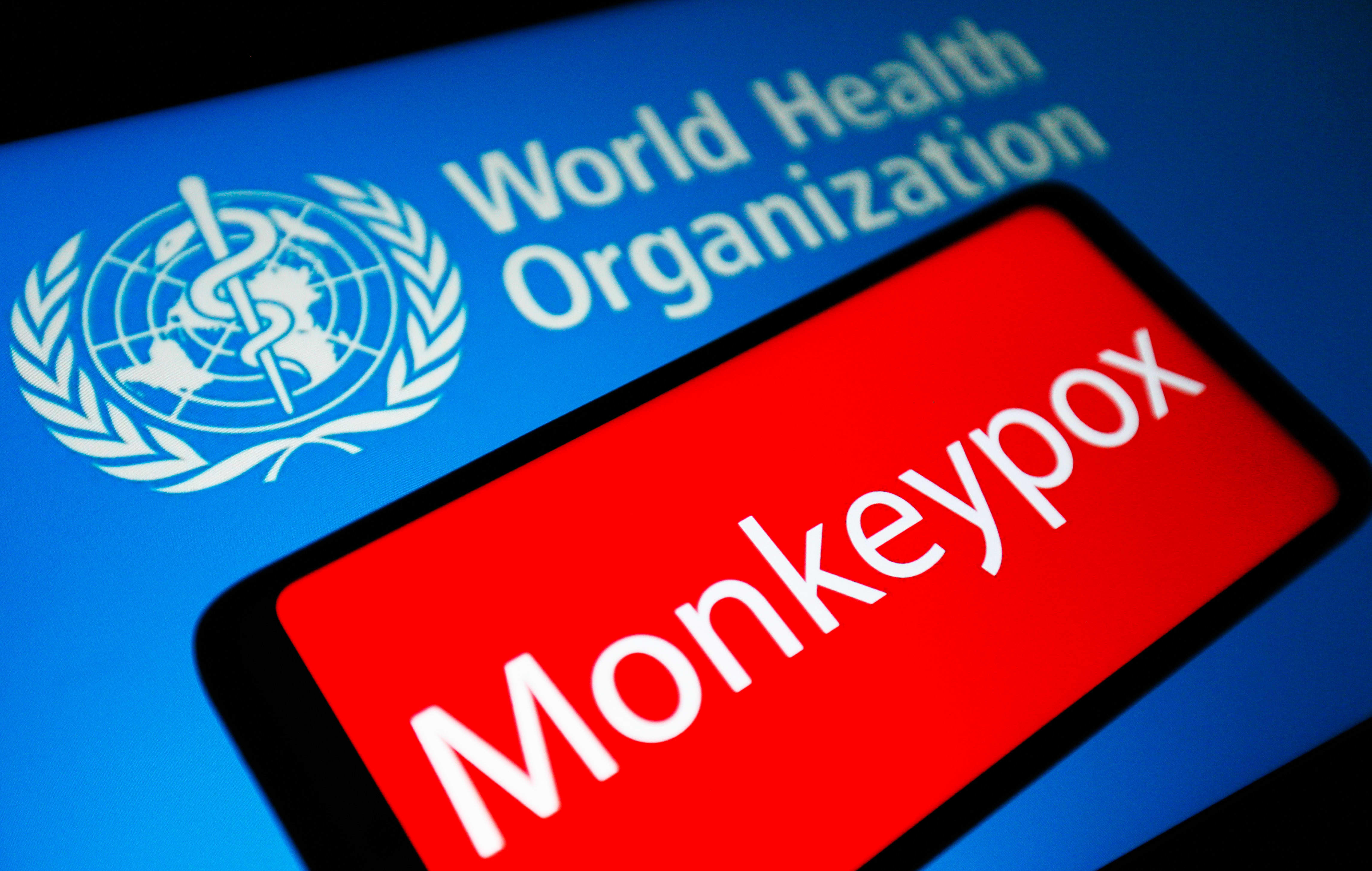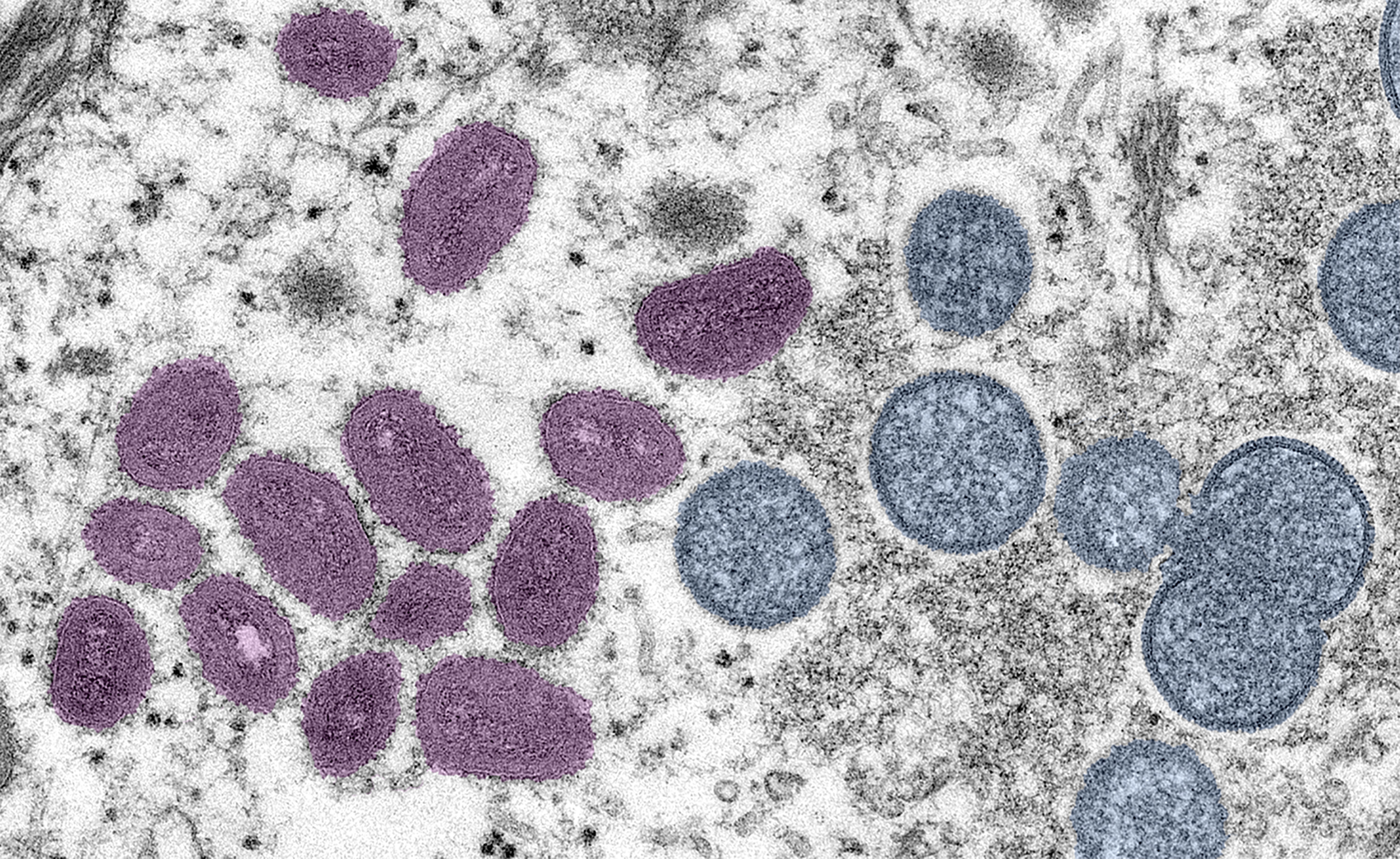New York City began offering vaccination against monkeypox to at-risk groups on Thursday, as authorities scramble to contain a global outbreak.
But demand was so high, within hours of launching the program the city had to cut off walk-in appointments, and scheduled visits were already booked through early next week.
As opposed to the early days of COVID, when there was no effective treatment, there are already multiple vaccines that work against the orthopoxvirus that causes the ailment. Supply, however, is the question.
Some 30 people have tested positive for the virus in the city since early May, almost all of them men who have sex with men, and the number of cases has risen 60% in just the last week. In total, New York City represents more than 20% of all cases diagnosed nationwide.
The move to offer the vaccine follows similar efforts in cities like Montreal and Toronto.
The Health Department on Thursday announced the opening of a temporary clinic to administer the two-dose JYNNEOS vaccine to eligible people who may have had recent exposure to monkeypox, the city announced. NYC Health Commissioner Dr. Ashwin Vasan said anxiety, particularly among sexually actively gay and bisexual men, prompted the city’s decision to make vaccines available.
Get Tri-state area news delivered to your inbox. Sign up for NBC New York's News Headlines newsletter.
The vaccines will be administered at the Chelsea Sexual Health Clinic (303 Ninth Avenue in Manhattan). The clinic will be open on Mondays, Tuesdays, Thursdays, Fridays, and Sundays from 11 a.m. to 7 p.m. moving forward.
But as of 2 p.m. Thursday, just three hours after opening its doors, the city said no more walk-ins would be accommodated and that all appointments were filled through Monday. News 4 counted more than 100 people lined up outside the clinic at the time.
One person in line to get vaccinated said that many appointments were gone about 10 minutes after they became available online.
The health department advised people to check back on Sunday for more appointments next week.
"We are in talks with the CDC to obtain more doses and are looking into how we can boost our capacity citywide," the health department said.
Mark Levine, the Manhattan borough president, tweeted that the city had only been allocated about 1,000 doses of the vaccine from the national stockpile.
How Do You Catch Monkeypox?
The CDC issued new monkeypox guidance last week as the number of suspected cases nationwide boomed, marking America's largest-ever outbreak of monkeypox, which typically has been confined to other continents.
While the CDC says the risk to the general public remains low, people are urged to avoid close contact with those who are sick, including those with skin or genital lesions, as well as sick or dead animals. Anyone displaying symptoms, like unexplained skin rash or lesions, should reach out to their healthcare providers for guidance.
It is also advised to avoid eating meat that comes from wild game or using products (such as creams, powders or lotions) that come from wild animals from Africa.
What Is Monkeypox?
Monkeypox was first discovered in 1958, when outbreaks occurred in colonies of monkeys kept for research -- resulting in its name. (What you need to know about monkeypox.)
The first case in a human was reported in 1970 in the Democratic Republic of the Congo, which still has the majority of infections. Other African countries where it has been found: Cameroon, Central African Republic, Cote d’Ivoire, Democratic Republic of the Congo, Gabon, Liberia, Nigeria, Republic of the Congo and Sierra Leone.
Human symptoms of monkeypox are similar to but milder than the symptoms of smallpox, the CDC says. It presents itself as a flu-like illness accompanied by lymph-node swelling and rash on the face and body.
Monkeypox starts off with fever, headache, muscle aches, and exhaustion. Monkeypox also causes lymph nodes to swell, something that smallpox does not. The incubation period is usually 7−14 days but can range from 5−21 days.
The CDC is urging healthcare providers in the U.S. to be alert for patients who have rashes consistent with monkeypox, regardless of whether they have traveled or have specific risks for monkeypox. See more information from the travel notice here.



